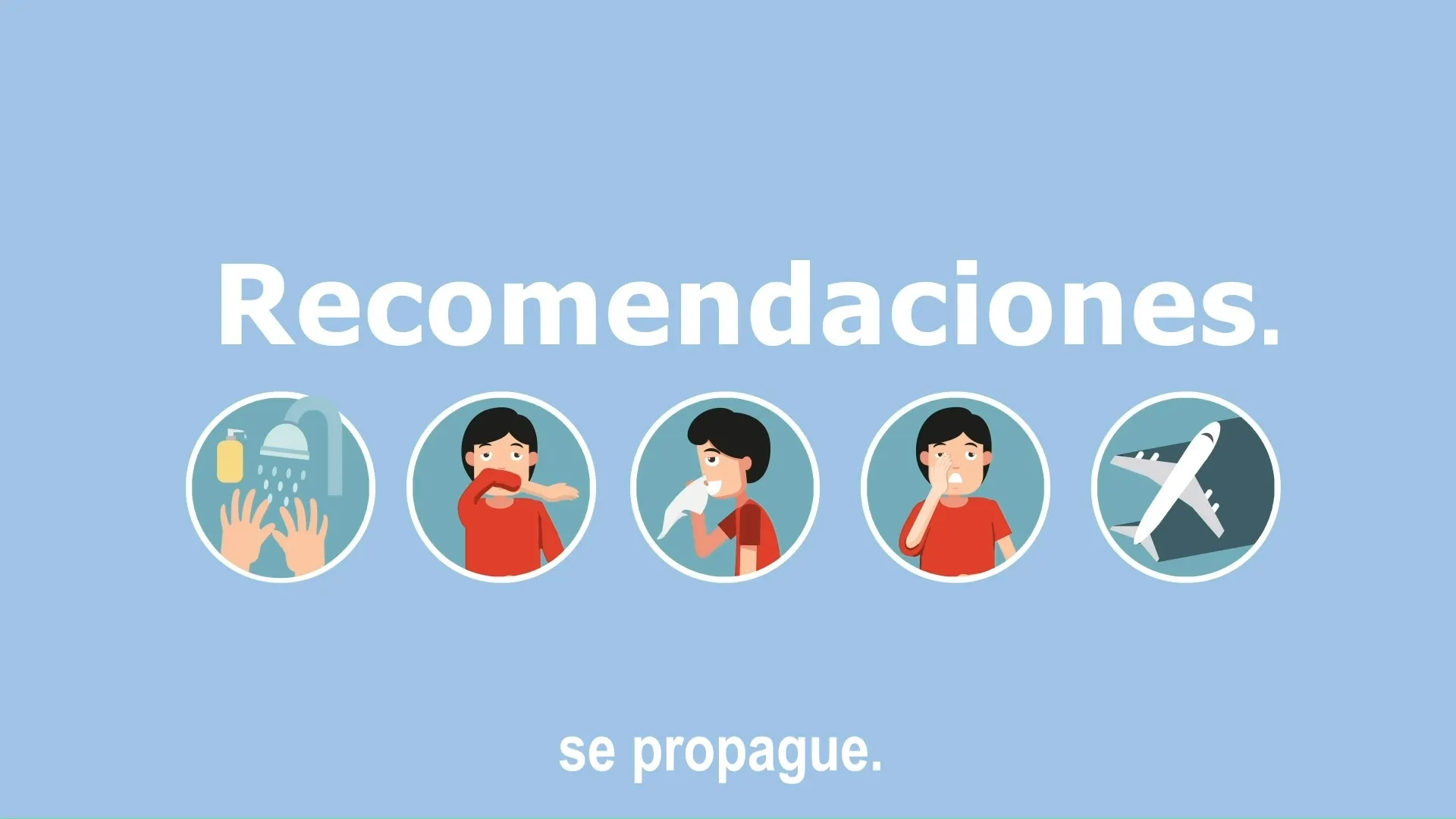The Ministry of Health has prepared a guide that includes the basic guidelines that patients of type 1 diabetes and type 2 should follow during confinement by the coronavirus, since this disease requires special care from patients or their caregivers.
In addition to the prevention measures already known (staying at home, maintaining a correct hand hygiene, avoiding touching your face or using disposable scarves), Health explains how people with type 1 and 2 diabetes should proceed during confinement.
1. Regime and medication
- Continue to perform the recommended dietary regime and take the medication prescribed by your doctor.No medication or dietary guideline should not be modified without consulting with your doctor, or following advice on social networks that are not sufficiently contrasted.
2. Physical activity
- Physical activity is fundamental.Perform the suggested physical activity in the general guidelines, with the appropriate frequency and according to their individual conditions.
3. Risk of infection
- Before a possible infection, contact your reference health center in the telephone services enabled for this purpose and follow your indications.
In people with diabetes, any infection has a worst control of glucose levels, so in such a case, a more thorough monitoring of them must be done according to the recommendations indicated in their health center.
4. Insulin
- Patients in insulin treatment should not stop putting it on.
5. Hypoglycemic
- Patients in treatment with oral hypoglycemicia should not stop taking medication.
6. Consult your doctor
- Always have the contact phone at hand to consult with your doctor.
7. Material for three weeks
- Check that you have all the necessary material to handle your diabetes (medication, monitoring material ...) for an approximate time of about three weeks.If you lack something, contact your health center and avoid unnecessary displacements.
8. glucose monitoring
- Follow the glucose monitoring recommendations established by the team of your health center.Be especially attentive to glucose levels and act as recommended in case of hypoglycemia or hyperglycemia.
The advice for people with epilepsy during confinement
9. Measurement of ketone bodies
- If you have recommended measuring ketone bodies, don't stop doing so.
10. HIPLUCEMY MANAGEMENT AND HYPERGLUCEMY
- Be sure to know how to handle hypoglycemia and hyperglycemia.If you are in insulin treatment, make sure you know how to modify the insulin pattern, if not contact your doctor.Do not wait to feel bad.
11. Foot care
- Follow the self -care advice regarding foot care, to prevent diabetic foot;Hygiene, nail care, and footwear among others, and if you don't remember calling your health center to ask.
12. In children
- Parents or caregivers of children and adolescents with DM type 1, will be especially vigilant to any malaise symptoms such as vomiting and diarrhea.
13. Hydration
- Hydration is especially important.I eat fluids without carbohydrates if blood glucose is high or normal.If the blood glucose is low remember the recommendations of the team of its health center on the drinks that you can take together with the treatment.If you have doubts call them.
14. In situations of lack of glycemia
- People with DM, are with insulin treatment or other medications, in situations of lack of glycemia that do not improve with self -care guidelines or worsening symptoms, they must call theteam of your health center and if you fail to stabilize, go to your doctor.In those cases, the prevention precautions of the contagion of the coronavirus must take extreme prevention:
1. Respiratory hygiene
2. Hand hygiene
3. Save the security distance


